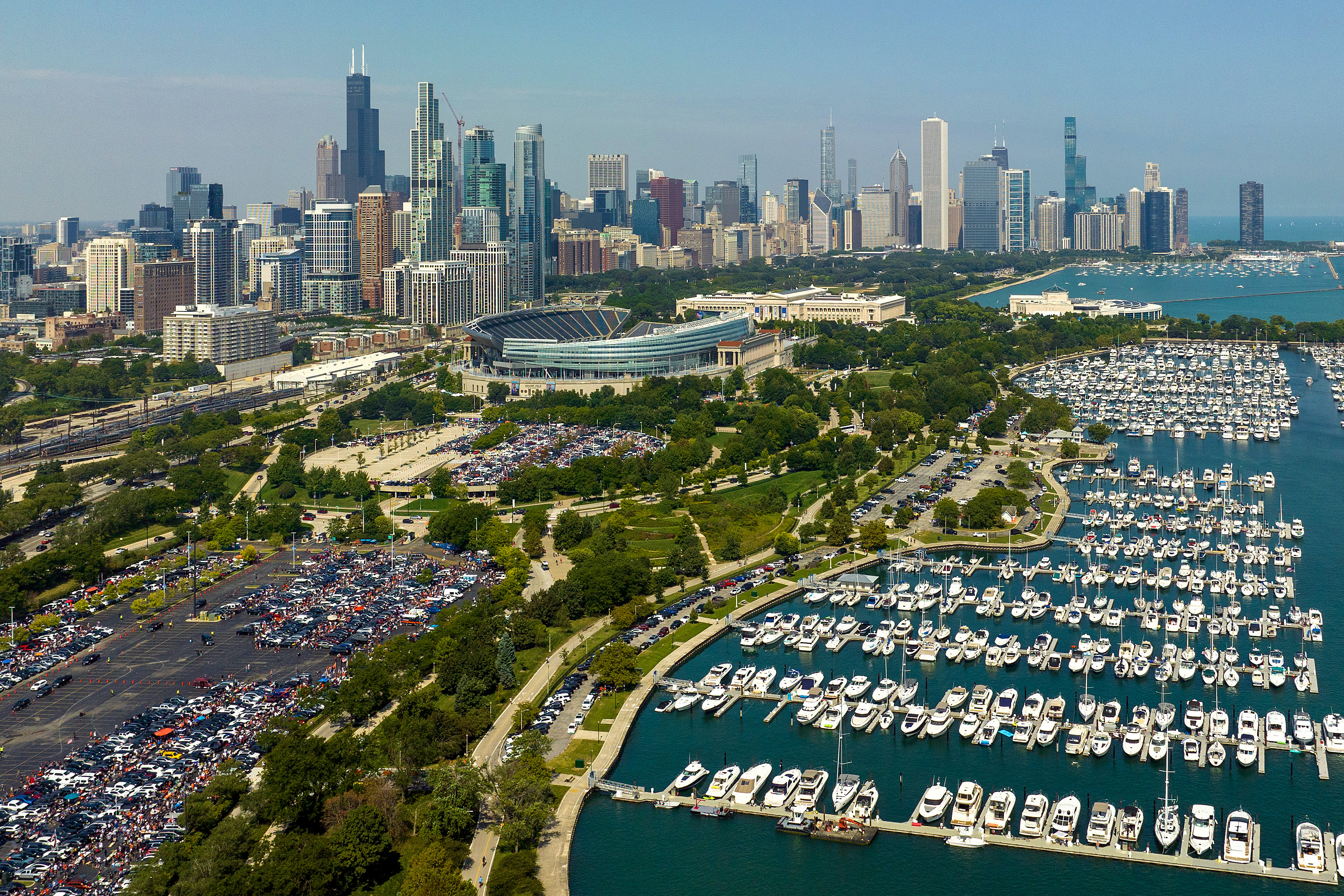Food cart vendors operating illegally in Chicago’s “hidden economy” say they’re ready for their business to be legitimized. They currently risk being ticketed while serving hungry customers across the city.
“The police come arrest us, take us away, give us a ticket and we have to go pay it,” said Claudia Perez, a food vendor who supports her family by selling tamales in the Little Village neighborhood.
Now there’s a push among city aldermen to legalize mobile prepared food vendors. The city council is considering amending city code to include food cart vendors in the ordinance that allowed food truck operators to flourish.
“It’s an industry that’s been around forever and I don’t think it’s going to disappear whether it’s legalized or not,” said 26th Ward Alderman Roberto Maldonado.
Licensed food cart operators would be required to pay a fee, prepare food in licensed kitchens and be open to inspections.
An estimated 1,500 food cart vendors serve hungry customers across Chicago, according to research by Illinois Policy Institute. The group surveyed vendors and found food carts currently generate an estimated $35.2 million in annual sales, $16.7 million in annual income, 2,100 jobs and as many as 50,000 meals served per day.
The Illinois Policy Institute concluded that the legalization of food carts could create an additional 6,435 jobs and generate $2 million to $8.5 million in new local sales tax revenue.
Local
“Chicago needs tax revenues for all the things that it needs to fund. The city’s heading towards bankruptcy. It should not be shutting out entrepreneurs and tax revenues,” said Ted Dabrowski, vice president of policy at the Illinois Policy Institute.
Opponents have argued vendors should not be allowed to operate close to other businesses. Others raised public health and safety concerns.
The Institute for Justice Clinic on Entrepreneurship at the University of Chicago Law School provides legal assistance for small business owners and said there is no reason why food cart vending should be illegal.
“Anyone who says street vendors pull down a business district or impede development or the vibrancy of the neighborhood is misled,” said IJ Clinic director Beth Kregor.
A spokesperson for Mayor Emanuel said the mayor is supportive of measures to strengthen small businesses as they create jobs and contribute significantly to Chicago's economy.
“Finding workable solutions to license street vendors is an important step toward that goal,” said mayor spokesperson Mika Stambaugh.
Local business owner Eladio Montoya said he would support licensed food cart vendors if the city sets limits.
“I think it’s fine that they legalize them but there should also be standards as far as how many can they be around the area,” Montoya said.
While the Little Village of Chamber of Commerce said it supports food cart operators, it said the legalization could create a double-standard between the vendors who comply with the rules and those who do not.
“The guys that have money saved up, they’re gonna be fine,” said executive director Jaime di Paulo. “ But the other guys are gonna have trouble because the police and the health department will start doing crackdowns on who’s up to par on their licensing.”
Perez, however, said she’s ready to pay in order to continue serving tamales and stop operating in fear of the police.
“Since I arrived in this country, the first day I arrived, I sold tamales,” Perez said. “It’s my main job.”



